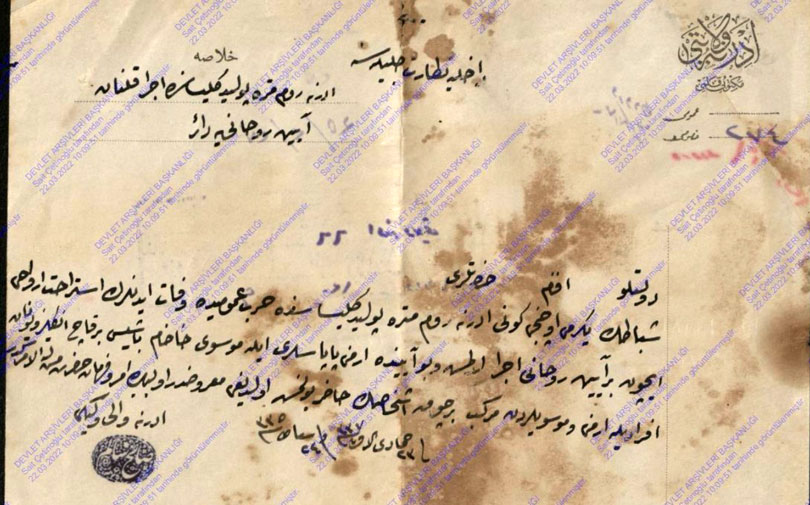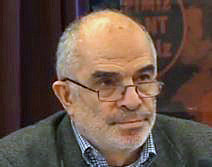We know that Armenians’ century-old struggle for lifting the thick cover of denialism over the Armenian Genocide, which was the first genocide of the 20th century, has passed through many stages. They have passed many ordeals through this hard time, and they still do. More than their ordeal, humanity’s test is also important and valuable. While the bearers of humanity values support their struggle, overwhelming majority, because of either being captivated by realpolitik or insensitivity, have remained indifferent. We have to record this as a shame of humanity.
Armenian people have never forgotten their brethren who fell victim to the Genocide. Whenever they find the opportunity, they tell what happened to them. They have not neglected commemorating them collectively to ease their souls, either.
The commemoration that took place on 23 February 1335/1919 is important in the sense that it was organized in the land where the Genocide happened and also for its venue and participants. The fact that the commemoration was held in the Greek Metropolitan Church may be interpreted as a sign of solidarity. Participation of other non-Muslim clergy, besides Armenian ones, is significant for humanity, and solidarity.
According to a telegram sent from the Edirne Governorate to the Ministry of Interior, there were Greeks, Jews, and some Englishmen among the participants [of the commemoration], but it is interesting that there was no Muslim except the man giving intelligence. It says that the commemoration was held for the rest of the souls who died in the First World War. As it was probably the first commemoration open to public on the land of the Genocide, it may be claimed that they titled it cautiously. It is also remarkable that the telegram talks about the commemoration as if it was a criminal case.

